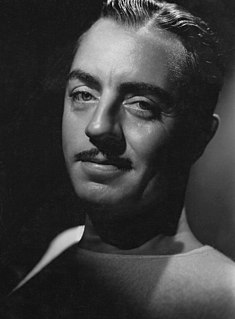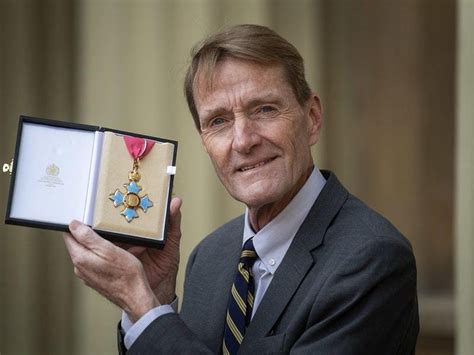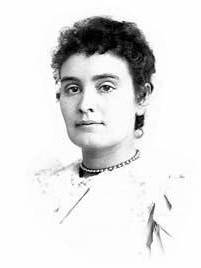A Quote by Jiddu Krishnamurti
When your child is very young, you must protect him from doing harm to himself and others, then later by precept, explaining to him what is going to be for his eventual happiness.
Related Quotes
If one of you sees, sometime, something unedifying and so much as goes on to pass it on and put it into the heart of another brother, in doing so you not only harm yourself but you harm your brother by putting one more little bit of knavery into his heart. Even if that brother has his mind set on prayer or some other noble activity, and the first arrives and furnishes him with something to prate about, he not only impedes what he ought to be doing, but brings a temptation on him. There is nothing graver or more deadly than this doing harm, not only to himself but also to his neighbor.
Whatever discipline you exercise should be based on the goal your child is eventually to reach, namely, freedom and happiness. I would show him towards what he is growing, his ultimate fulfilment, and help him to adapt himself to that. In everything that you do, you should keep the goal in view, and hence your discipline must aim at helping the child to realize that at a certain stage he will be above all discipline.
I have this love for Mattie. It was formed in me as he himself was formed. It has his shape, you might say. He fits it. He fits into it as he fits into his clothes. He will always fit into it. When he gets out of the car and I meet him and hug him, there he is, him himself, something of my very own forever, and my love for him goes all around him just as it did when he was a baby and a little boy and a young man grown.
What are you doing in there, waxing your mustache?” Iggy yelled, pounding on the bathroom door. I yanked the door open and pushed him backward hard, making him stagger. “I don’t have a mustache, you idiot!” Iggy giggled and put his arms up to protect himself in case I punched him. “And you know what?” I added. “You don’t have one either. Well, maybe in a couple years. You can always hope.” I left him in the hallway, anxiously fingering his upper lip.
If we are not fully ourselves, truly in the present moment, we miss everything. When a child presents himself to you with his smile, if you are not really there - thinking about the future or the past, or preoccupied with other problems - then the child is not really there for you. The technique of being alive is to go back to yourself in order for the child to appear like a marvellous reality. Then you can see him smile and you can embrace him in your arms.
It is as his own mind comes into contact with others that truth will begin to acquire value in the child's eyes and will consequently become a moral demand that can be made upon him. As long as the child remains egocentric, truth as such will fail to interest him and he will see no harm in transposing facts in accordance with his desires.
I am beginning to suspect all elaborate and special systems of education. They seem to me to be built upon the supposition that every child is a kind of idiot who must be taught to think. Whereas if the child is left to himself, he will think more and better , if less "showily." Let him come and go freely, let him touch real things and combine his impressions for himself... Teaching fills the mind with artificial associations that must be got rid of before the child can develop independent ideas out of actual experiences.
The patient man is merry indeed.... The jailers that watch him are but his pages of honour, and his very dungeon but the lower side of the vault of heaven. He kisseth the wheel that must kill him; and thinks the stairs of the scaffold of his martyrdom but so many degrees of his ascent to glory. The tormentors are weary of him. the beholders have pitty on him, all men wonder at him; and while he seems below all men, below himself, he is above nature. He hath so overcome hlmself that nothing can conquer him.
Man—every man—is an end in himself, not a means to the ends of others; he must live for his own sake, neither sacrificing himself to others nor sacrificing others to himself; he must work for his rational self-interest, with the achievement of his own happiness as the highest moral purpose of his life.






































